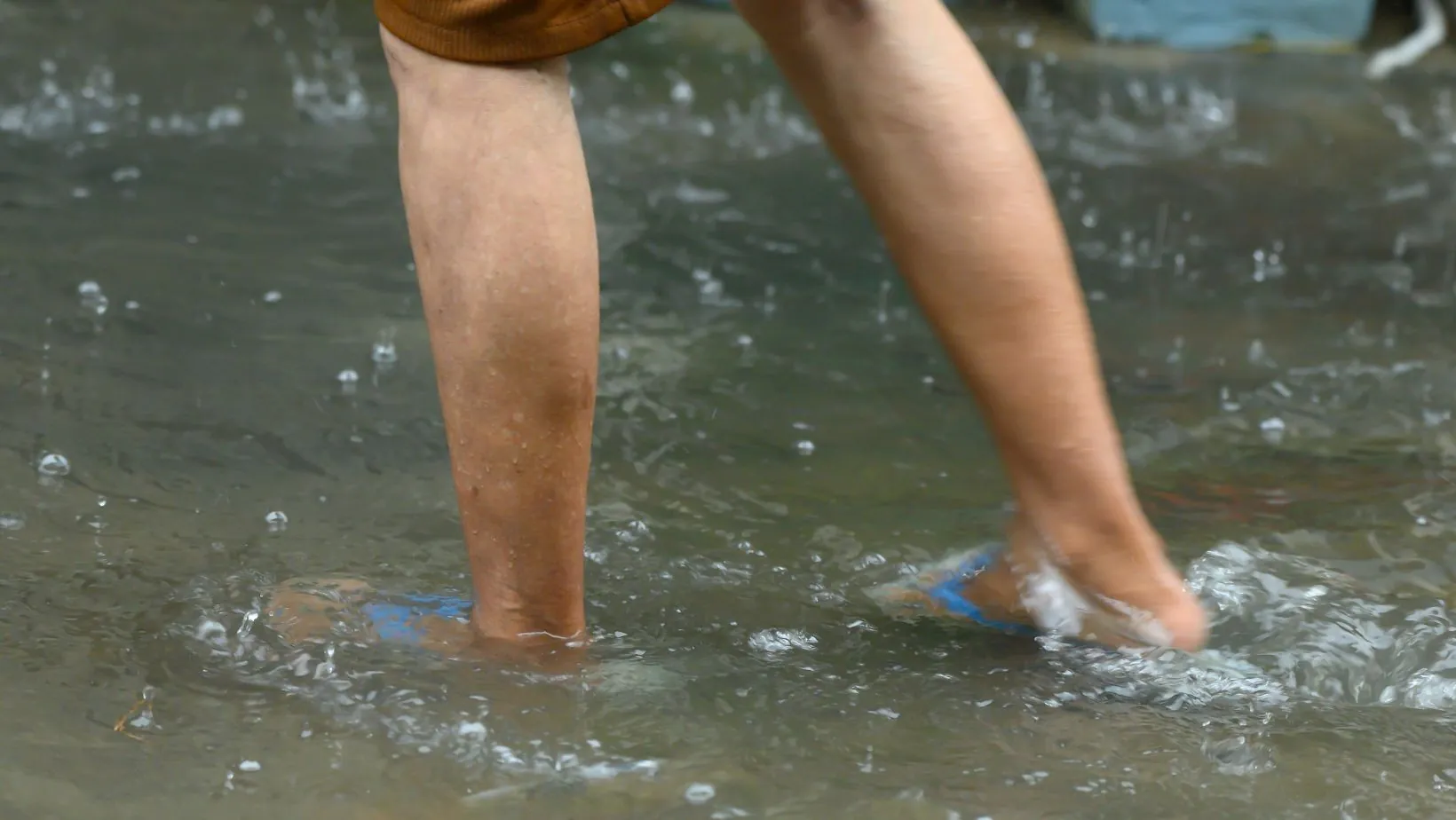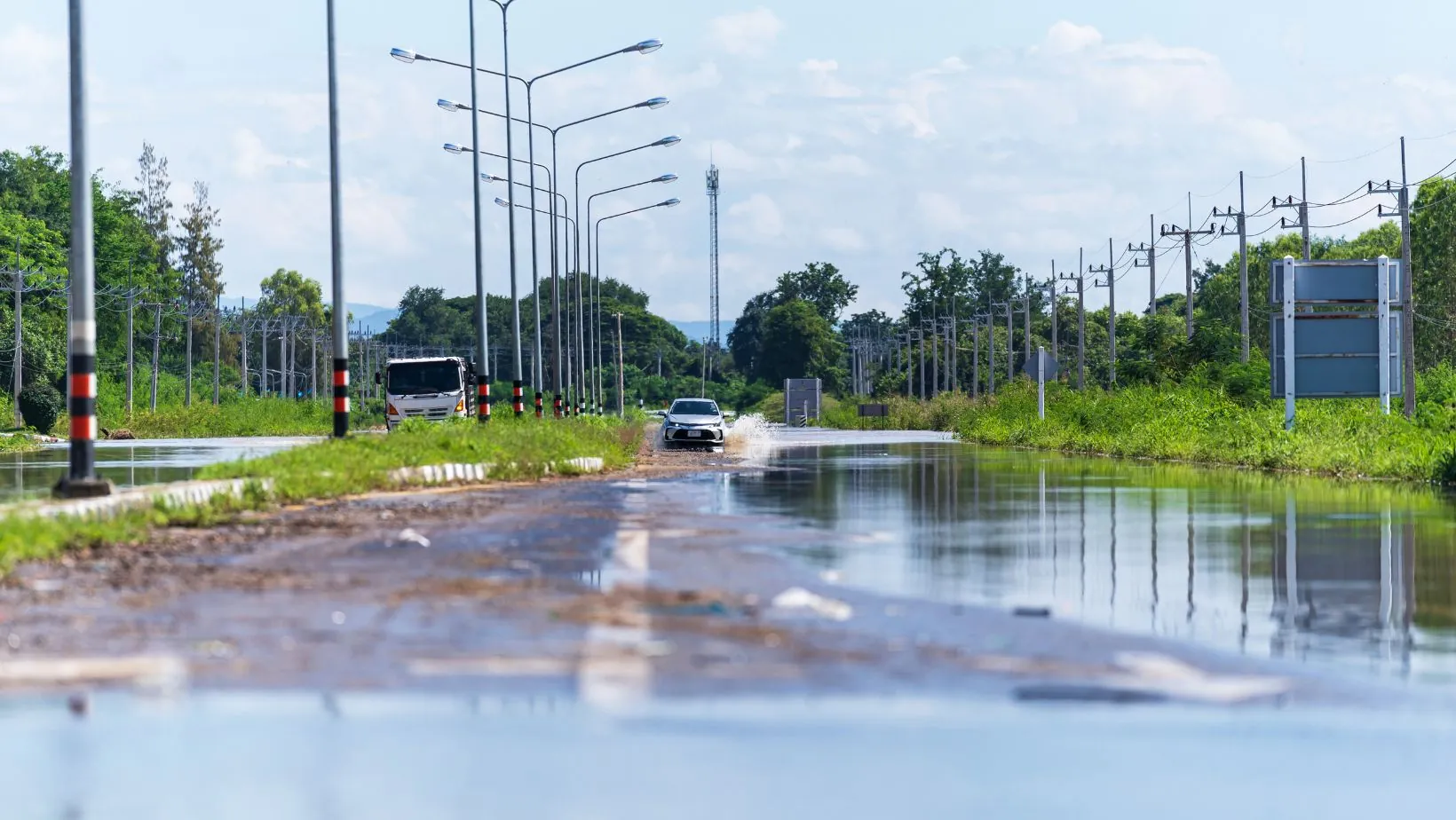Some people build things. Others rebuild them. Bradley Vercosa falls into the second group.
For over 30 years, Bradley has worked in the field of disaster recovery. His specialty is water damage restoration. Based in Wellington, Florida, he owns SuperClean Restoration of The Palm Beaches LLC. His work involves fixing homes and buildings after storms, floods, leaks, and mold infestations.
It’s not glamorous. It’s not quiet. But it’s necessary.
“I don’t think people really notice what we do unless they’re the ones standing in two inches of water,” Bradley says. “That’s okay. We’re not in this for attention. We’re here to get the job done.”
From Mechanic to Restorer
Bradley didn’t grow up planning to get into restoration. Born in New York, raised partly in Brazil, he started working as a car mechanic at age 15. He liked working with his hands but didn’t see it as a long-term path. At 21, someone asked him to help on a water damage job. He had no idea it would lead to a lifelong career.
“I had never even heard the term ‘disaster recovery,’” he recalls. “But once I saw the impact of the work—how it helped people get their lives back—I was in.”
By age 33, he had purchased a Service Master franchise and began growing his own team. He later launched SuperClean, expanding his services to include mold remediation, hurricane cleanup, and biohazard work.
Working on the Front Lines
Bradley has worked across Florida, North Carolina, and Texas. He’s responded to hurricanes, flooding, and other large-scale emergencies. But there’s one moment that stands out above the rest.
“I helped clean the Pentagon and the World Trade Center area after 9/11,” he says. “That wasn’t just work. That was history. You felt the weight of it in your chest. We weren’t just removing debris—we were helping people take a first step toward healing.”
Even now, that job reminds him why restoration matters.
“People think we just clean up messes. But it’s deeper than that. We restore safety. We restore peace of mind.”
Why Speed Matters
One thing Bradley talks about a lot is time. In restoration, it’s everything.
“The longer water sits, the more damage it does,” he says. “Mold can start growing in 24 to 48 hours. I’ve seen it spread through entire HVAC systems from one leak.”
He warns that even if a floor looks dry, the danger might be hiding below or behind the walls. Moisture can soak into insulation, wood, and drywall. If ignored, it can lead to major structural issues—and serious health risks.
“I’ve been on jobs where people waited too long,” he says. “By the time we got there, they had to rip out whole sections of their house.”
Beyond the Tools
Bradley uses high-tech tools like moisture meters and thermal cameras. But he believes no device can replace human experience.
“Machines help, but they don’t know what you know after doing this for decades,” he says. “Sometimes your nose, your hands, your instinct tell you more than any screen can.”
He also believes in staying calm under pressure. Disasters are stressful. People are emotional. They need someone who isn’t panicking.
“You’ve got to be the one who walks in and brings order to the chaos,” he says.
A Coach off the Job Site
Outside of work, Bradley Vercosa has coached youth soccer in Wellington for many years. It’s a way to give back and to keep a sense of balance.
“Soccer teaches structure, teamwork, and focus,” he says. “That’s true for the kids—and it’s true for me, too.”
A lifelong Brazilian soccer fan, he sees coaching as another form of restoration.
“You’re helping shape young lives. That’s its own kind of rebuilding.”
Staying Ready
Even after 30 years, Bradley still picks up the phone for emergencies. He still shows up on site. He still leads from the front.
“You can’t fake this job,” he says. “You have to know what you’re doing. And you have to care.”
He encourages young people entering the field to focus on learning the craft—not just chasing the money.
“This is real work. Dirty work. But it matters,” he says. “If you’re not serious about it, you shouldn’t be doing it.”
Final Thoughts
Bradley Vercosa doesn’t look for the spotlight. He looks for the leaks, the rot, the mold, and the cracks. And then he fixes them.
“We’re not heroes,” he says. “But we show up. We help people breathe easier. That’s enough for me.”
In a world full of storms—natural and otherwise—people like Bradley Vercosa are the calm after. The ones who rebuild, one wall and one room at a time.





